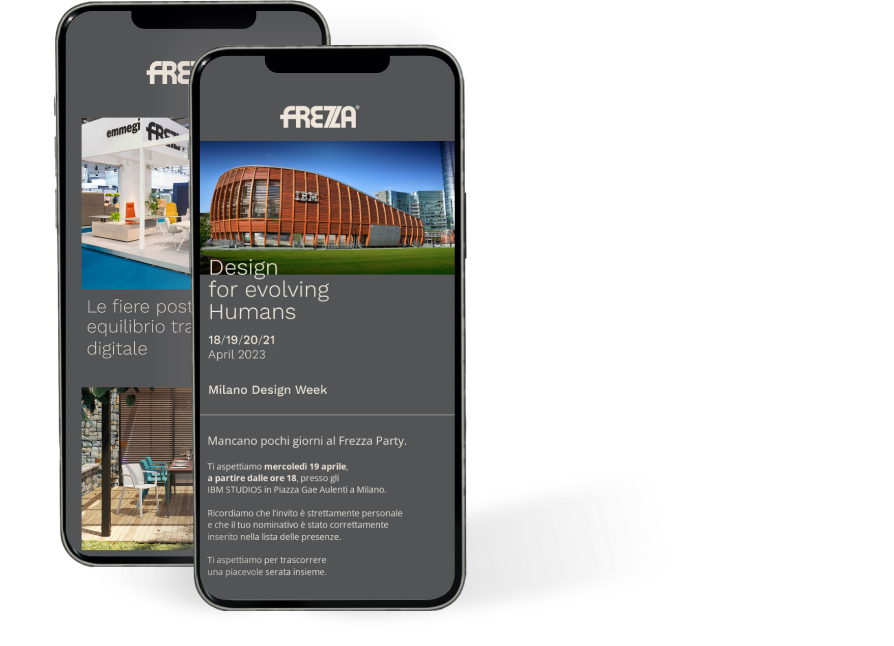Is there a recipe for being happy, productive at work and satisfied with what we do? This question may have an affirmative answer. According to the positive Psychology advocates, the solution could be found in the increasingly widespread approach of focusing on a person’s strengths rather than observing their weaknesses.
How to “think positive”
To be “positive” means to be able to recognize what gratifies us, to exploit it in order to work around problems and achieve goals. Every individual, say the “positivists”, is satisfied and efficient when he or she has the opportunity to work by expressing his or her character strengths. In a study carried out in the nineties, some researchers identified 24 of them in each of us, distributed in different ways: there are those who stand out for a marked kindness, those for their curiosity, those who show a solid predisposition to control, etc.
Spreading positivity at work
When our predominant character strength fails to emerge or express itself in the environment in which we work, frustration and disaffection can be created. Therefore, a person with a lot of creativity will make little money if assigned to repetitive tasks; those who have “love for beauty” will suffer more than others if forced to work in an office environment that lacks colour and harmony; people who love to work in a team but are isolated won’t be as productive.
In these cases, the pursuit for happiness and productivity requires an action plan that can offer an alternative way to enhance the inclinations of each person.
Eudaimonía 4.0
During the working day, the role of “positive leaders” becomes crucial. These leaders know how to lead the team without forcing, correct without offending, help without humiliating. A leader knows how to identify and recognise the strengths of each employee, encourages and organises the team so that everyone has the opportunity to express their own strengths taking into account the company’s goals. When this happens constantly, something similar to what the ancient Greeks called eudaimonía is established, namely the fulfillment that comes from following one’s vocation. Today, several studies show that we can measure “eudaimony” in very concrete terms. In workplaces that have experienced the positive approach there is an increase in performance, greater self-esteem among employees, better collaboration and higher satisfaction whether you work in the office or remotely.
The keys to happiness
| Wisdom area | Courage area | Humanity area |
|
|
|
| Transcendence area | Justice area | Moderation area |
|
|
|
The 24 “character strengths” which, if properly valued, can create a positive climate at work too.

